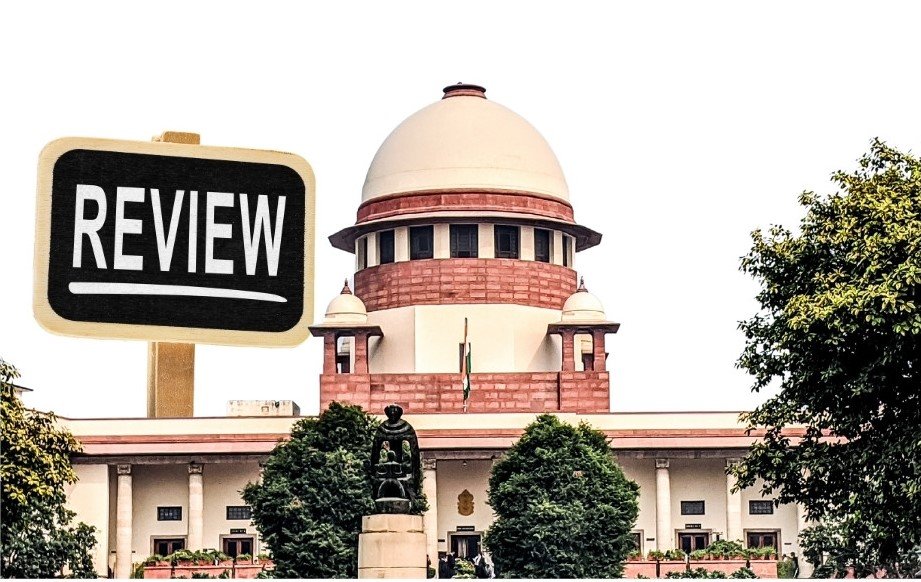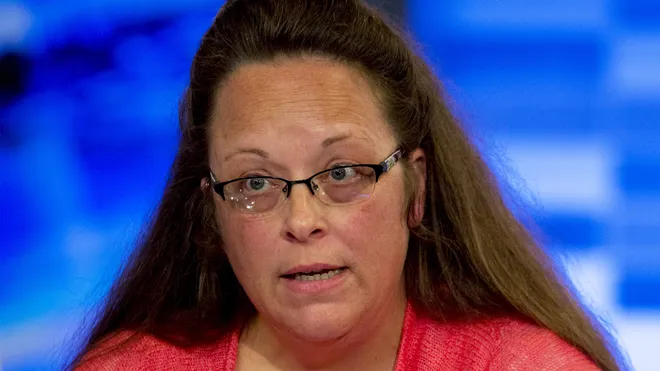Supreme Court and marriage equality—these words have been closely linked since the landmark 2015 Obergefell v. Hodges decision that legalized same-sex marriage across the United States. But nearly a decade later, that hard-won right could face new legal challenges. With a recent appeal sent to the Supreme Court, questions are emerging: Could the nation’s highest court revisit marriage equality? And if so, what’s at stake?
In this article, we’ll explore the current legal landscape, the new appeal that could bring the issue back before the Supreme Court, the changing composition of the Court itself, and what all of this could mean for LGBTQ+ rights in the future.
The 2015 Landmark: A Quick Recap
Before diving into the current developments, it’s important to understand the significance of the 2015 ruling. In Obergefell v. Hodges, the Supreme Court ruled in a 5-4 decision that same-sex couples have a constitutional right to marry. The majority opinion, written by Justice Anthony Kennedy, stated that the Fourteenth Amendment requires states to recognize same-sex marriages, marking a turning point in LGBTQ+ rights.
That decision came after years of advocacy, public debate, and shifting cultural attitudes. But while Obergefell was a major step forward, some legal experts warned that the decision might not be the final word on the matter.
What’s the New Appeal All About?
In 2025, a lesser-known case out of a lower federal court could reopen the debate. The case involves a county clerk in Tennessee who argues that she should not be required to issue marriage licenses to same-sex couples due to her religious beliefs. Her legal team is now appealing to the U.S. Supreme Court, asking it to reconsider the precedent set by Obergefell.
The appeal doesn’t directly challenge the legality of same-sex marriage. Instead, it focuses on the argument that forcing public officials to issue marriage licenses violates their First Amendment rights. However, if the Supreme Court agrees to hear the case, it may have the opportunity to narrow or even overturn Obergefell—especially if a majority of justices believe it was wrongly decided.
Why This Appeal Matters
You may wonder: Why is this specific appeal so significant? The reason is that it presents a potential test case—a chance for the conservative-leaning Supreme Court to revisit the issue without directly attacking marriage equality head-on.
Legal analysts are watching closely because the appeal is strategically framed. Instead of arguing that same-sex marriage is unconstitutional, the appeal questions whether people with religious objections should be legally obligated to support it in their official capacity. This opens the door to possible new limitations on the rights granted by Obergefell.
If the Court agrees to hear the case, it may indicate a willingness to roll back or reinterpret its earlier decision. And that could have widespread implications not only for same-sex couples, but also for how other civil rights are enforced in the U.S.
The Court’s Current Composition

Since Obergefell was decided, the makeup of the Supreme Court has changed significantly. Justices Antonin Scalia and Ruth Bader Ginsburg have passed away, and conservative justices Neil Gorsuch, Brett Kavanaugh, and Amy Coney Barrett have joined the bench.
This shift has tilted the Court toward a 6-3 conservative majority. And while not all conservative justices are openly opposed to marriage equality, several have expressed skepticism about the reasoning in Obergefell.
In 2020, for example, Justices Clarence Thomas and Samuel Alito issued a statement criticizing Obergefell as a threat to religious liberty. They wrote that the decision had “ruinous consequences for religious liberty” and suggested that the Court should revisit the ruling in the future.
This statement, combined with the new appeal, has reignited fears that the Court may indeed be preparing to reconsider the issue.
What Could Happen If the Supreme Court Reconsiders?

If the Supreme Court agrees to hear the new appeal, several outcomes are possible:
1. Uphold the Status Quo
The Court might reject the appeal outright or issue a narrow ruling that maintains marriage equality but clarifies the rights of religious objectors. This would leave Obergefell intact while still creating room for limited exemptions.
2. Limit the Scope of Marriage Equality
The Court could issue a broader ruling allowing public officials to opt out of certain duties related to same-sex marriage. This could create a patchwork of rights depending on state laws and local jurisdictions.
3. Overturn or Weaken Obergefell
Although less likely, the Court could take the opportunity to overturn Obergefell altogether, sending the issue back to the states. This would allow individual states to ban same-sex marriage again, similar to the aftermath of the Dobbs decision that overturned Roe v. Wade.
Comparisons to Roe v. Wade and Dobbs
The possibility of reversing Obergefell has gained more attention since the 2022 decision in Dobbs v. Jackson Women’s Health Organization, which overturned Roe v. Wade and eliminated the constitutional right to abortion.
Many Americans were shocked by the Dobbs ruling, which showed that long-standing precedents could indeed be overturned. In his concurring opinion in Dobbs, Justice Clarence Thomas went even further, suggesting the Court should revisit other decisions, including Obergefell.
That comment alone has kept advocates on high alert, and the new appeal could be the first real test since Dobbs of whether the Court is willing to revisit other major civil rights rulings.
Public Opinion on Marriage Equality
One major factor that separates marriage equality from abortion rights is public support. According to Gallup, over 70% of Americans now support same-sex marriage—a record high. Support spans across age groups, political affiliations, and religious backgrounds.
Given this widespread approval, any attempt to overturn Obergefell could spark massive public backlash and damage the Court’s legitimacy in the eyes of many Americans. Still, public opinion doesn’t always influence judicial decisions, especially if the majority of justices believe that the Constitution does not protect certain rights.
Political Ramifications
Marriage equality has become a deeply embedded issue in American politics. If the Supreme Court revisits the issue, it could shape future elections, fuel activism, and affect legislative priorities.
Already, some lawmakers have moved to protect marriage rights through federal law. In 2022, President Biden signed the Respect for Marriage Act, which requires federal and state governments to recognize same-sex and interracial marriages performed in any state where they are legal. While the Act offers some protection, it does not guarantee the right to marry in every state if Obergefell is overturned.
How LGBTQ+ Advocates Are Responding
LGBTQ+ rights organizations like the Human Rights Campaign and Lambda Legal are watching the new appeal closely. Many have already vowed to challenge any attempt to roll back marriage rights and are preparing for a long legal and political battle if necessary.
Public campaigns, fundraising efforts, and community mobilization have also intensified in recent months. These groups are not just defending Obergefell—they’re aiming to ensure that marriage equality remains a permanent part of American life.
What Should Same-Sex Couples Know Now?
For now, nothing has changed. Same-sex marriage remains legal in all 50 states, and the Supreme Court has not yet decided whether it will hear the new appeal.
However, it’s a good time for same-sex couples and allies to stay informed, follow developments in the case, and support organizations that advocate for LGBTQ+ rights. Legal experts recommend that couples keep documentation of their marriages and consult attorneys if they have concerns about future legal challenges.
Conclusion: A Pivotal Moment Ahead
The Supreme Court and marriage equality are once again at a crossroads. While nothing is certain yet, the new appeal serves as a reminder that civil rights gains can never be taken for granted. Whether the Court chooses to revisit Obergefell or not, the issue will remain at the heart of America’s ongoing struggle to balance liberty, equality, and religious freedom.
As the legal process unfolds, one thing is clear: the conversation around marriage equality is far from over. And for many Americans, what happens next will define not only the future of LGBTQ+ rights but also the character of the nation itself.
Read Next – Where Did Trump’s Children Go to College? See Which Schools They Attended






